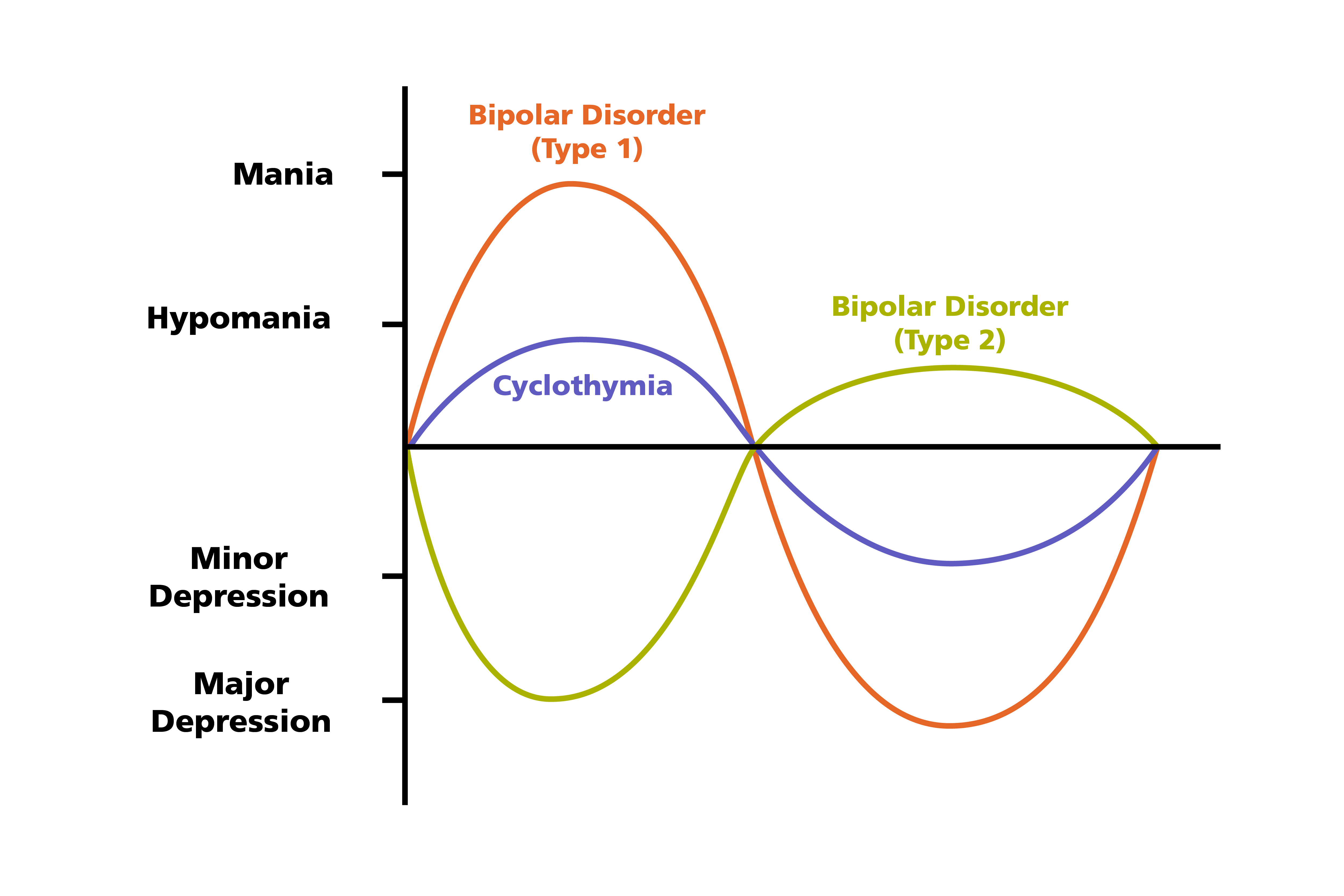

Take away phones or passwords (if agreed upon).“Take away my credit cards and block me from buying ANYTHING on credit.” – Kevin B. Next, I need someone to talk to or I will start to obsess about things like FB.” – Kt J. “The best thing someone can do for me is take my credit cards. Or self-medicate with alcohol or working out.)” – Rachel S. “That the best way to help me is to lovingly express concern over my manic behavior, especially when it is detrimental to my health or lifestyle (like when I want to quit my job and start a new business … Every other day with some new grand idea or invention.

Protect them from harm - especially financial harm.Don’t make me feel stupid or embarrassed for rambling on or not making sense.” – Kari R.

“Do things with me that are fun, keep me busy, while keeping me safe. “The best advice I can give to anyone who’s loved one is going through mania is to watch their behavior, spend more time with them, try to let them get out all their hyped-up feelings and listen to them, don’t make faces that they’re crazy or anything.” – Karen R. I cannot be left alone because I don’t know what I would even do, I am very unpredictable.” – Cynthia B. “The two times I have been extremely manic, psychosis and all, my husband has been with me and/or my family. I know they love me, but it’s not what I want when I have an episode.” – Mandy I. It’s better for everyone, as I can become angry and agitated with every word of kindness given. I’d rather just be left alone.” – Alisha F. Not just with mania but the depressive episodes, too. “They can just leave me alone, preferably. “Just allowing me to breathe, finding my calm, and allowing my wibbly wobbly moods to simmer/work its way out means a lot (unless you hear me saying some really scary stuff - if you do, just sit me down or try to distract me.)” – Camille J. “I say things and do things beyond my control. “Don’t take my irritability personally, come chill with me in a calm, safe environment.” – Deb E. “Try not to get offended, as I get a wobble gob and have no filter! I often say things I later regret or hurt people’s feelings by telling them the truth.” – Claire T. This will help with forgiveness later.” – Emily B. I feel awful for being irritable, but can’t help it at the moment.” – Pamela H. “Give me my space and don’t take anything I do or say personally. “Recognize that my distance has nothing to do with them or my love of them, and everything to do with my relatively short-term inability to empathize and connect.” – Rachel S. Don’t tell me to calm down or stop because it’s not something I can physically control.” – Crystal G. “Don’t assume I’m manic just because I’m upbeat or exaggerated, I might just be in a great mood. “I mean, there are things to not do like don’t tell me to calm down, don’t tell me to relax.” – Joy P. “Don’t make presumptions and say off the cuff remarks like, ‘are you drunk!’” – Haze S. Which of these do you agree with? Which do you disagree with? Do you have anything else to add? Let us know in the comments below. Before instituting some of the tips below (such as calling one’s doctor and taking away their phone and credit cards), make sure you have permission to do such when a manic or hypomanic episode occurs. Communication between friends/loved ones and those with manic symptoms is key. It’s important to remember that the following tips are not comprehensive and are not guaranteed to be what works best for you personally. Given that mania or hypomania are shared experiences for all those living with bipolar disorder, we reached out to our Facebook audience and asked them for tips on how loved ones, friends, and others can help them during these manic times. Both manic episodes and hypomania are characterized by increased amounts of self-esteem and grandiosity, racing thoughts, irritability, and goal-directed behaviors or activity. Mania, whether it be a full-blown episode or a shorter period of hypomania, is at the very center of the bipolar disorder diagnosis.


 0 kommentar(er)
0 kommentar(er)
